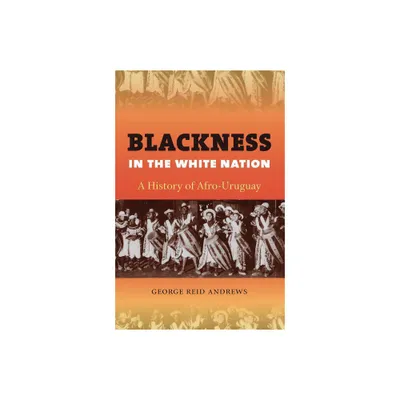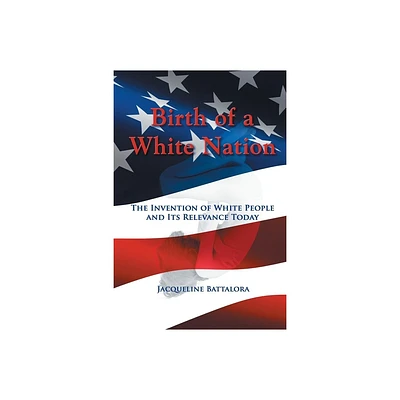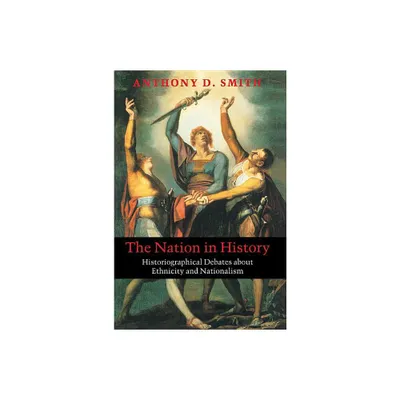Home
Blackness the White Nation: A History of Afro-Uruguay
Loading Inventory...
Barnes and Noble
Blackness the White Nation: A History of Afro-Uruguay
Current price: $37.50


Barnes and Noble
Blackness the White Nation: A History of Afro-Uruguay
Current price: $37.50
Loading Inventory...
Size: Paperback
*Product Information may vary - to confirm product availability, pricing, and additional information please contact Barnes and Noble
Uruguay is not conventionally thought of as part of the African diaspora, yet during the period of Spanish colonial rule, thousands of enslaved Africans arrived in the country. Afro-Uruguayans played important roles in Uruguay's national life, creating the second-largest black press in Latin America, a racially defined political party, and numerous social and civic organizations. Afro-Uruguayans were also central participants in the creation of Uruguayan popular culture and the country's principal musical forms, tango and
candombe
.
Candombe
, a style of African-inflected music, is one of the defining features of the nation's culture, embraced equally by white and black citizens. In
Blackness in the White Nation
, George Reid Andrews offers a comprehensive history of Afro-Uruguayans from the colonial period to the present. Showing how social and political mobilization is intertwined with
, he traces the development of Afro-Uruguayan racial discourse and argues that
's evolution as a central part of the nation's culture has not fundamentally helped the cause of racial equality. Incorporating lively descriptions of his own experiences as a member of a
drumming and performance group, Andrews consistently connects the struggles of Afro-Uruguayans to the broader issues of race, culture, gender, and politics throughout Latin America and the African diaspora generally.
candombe
.
Candombe
, a style of African-inflected music, is one of the defining features of the nation's culture, embraced equally by white and black citizens. In
Blackness in the White Nation
, George Reid Andrews offers a comprehensive history of Afro-Uruguayans from the colonial period to the present. Showing how social and political mobilization is intertwined with
, he traces the development of Afro-Uruguayan racial discourse and argues that
's evolution as a central part of the nation's culture has not fundamentally helped the cause of racial equality. Incorporating lively descriptions of his own experiences as a member of a
drumming and performance group, Andrews consistently connects the struggles of Afro-Uruguayans to the broader issues of race, culture, gender, and politics throughout Latin America and the African diaspora generally.


















